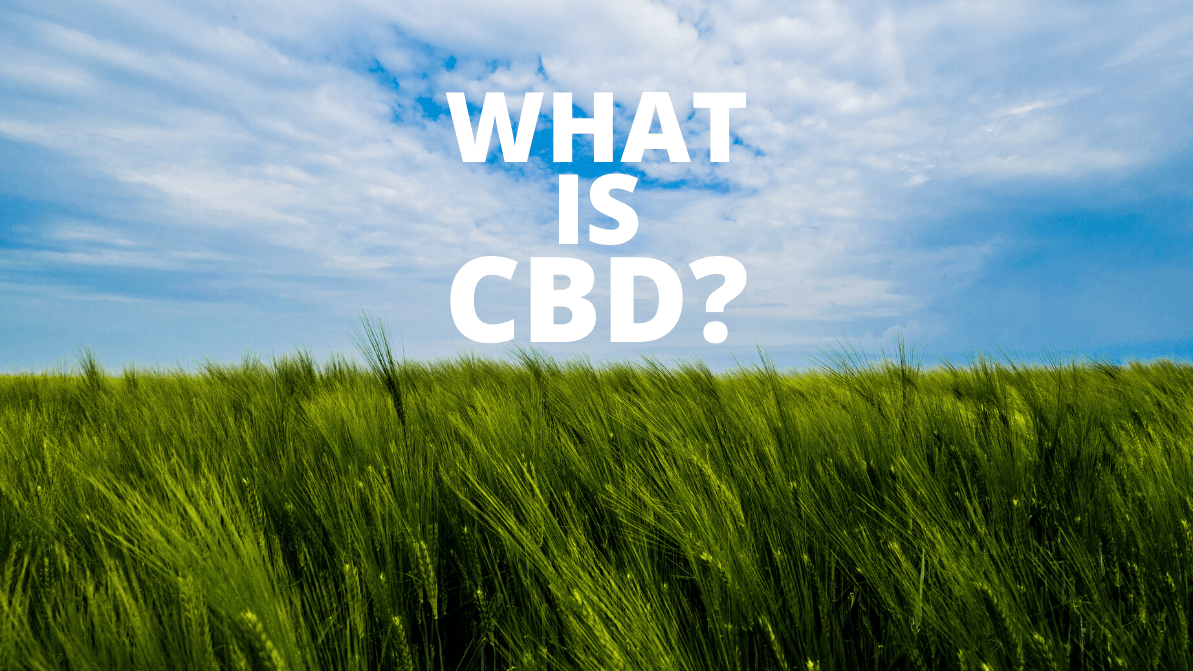Many of our readers spend no shortage of time sifting through the seemingly countless CBD products we at CBD.co have readily available on our website. There’s a lot of information to absorb, so you may or may not have some questions. While we understand the appeal of enjoying CBD in all its varied forms, it’s also crucial that customers ask themselves one BIG question: just what exactly is CBD, anyway?
What Is CBD?
This is an inquiry that is very much worthy of consideration, particularly because there is so much rampant misinformation currently being proliferated about CBD, which is scientifically referred to as cannabidiol. For starters, it is important to remember that CBD is NOT the same thing as THC, even if they have some of the same literal and figurative roots. THC, or tetrahydrocannabinol, is the primary psychoactive ingredient found in almost all cannabis strains. In other words, THC is the compound that causes the “high” you feel when you take a hit of some cannabis products, or when you consume a potent indica-suffused edible. Cannabidiol, on the other hand, possesses no psychoactive properties.
What Are Phytocannabinoids?
Cannabidiol is the primary non-psychoactive compound produced by cannabis plants. THC and CBD are both examples of phytocannabinoids, which occur naturally within the cannabis plant. Other examples of phytocannabinoids include CBG, also referred to as Cannabigerol, and also CBN. The majority of CBD products are sourced organically and manufactured with integrity, but if you, our reader, remain curious about the products you’re buying… well, it certainly never hurts to do a little extra research.
For example, it’s important to remember that CBD oil, a popular item on this site, is a result of cannabidiol extraction from the cannabis plant. After extraction has occurred, the oil itself generally interacts with another compound. Coconut oil is a popular example of what many folks call a “carrier oil” that can be used in this process. By and large, the process of extraction is also a part of how CBD edibles are manufactured. There is an oil extraction process that must occur somewhere along the line, then the extracted oil is combined with an infused element, such as clarified butter or olive oil.
What Are Endocannabinoids?
Then, of course, there is the matter of endocannabinoids. Endocannabinoids are endogenous neurotransmitters produced by your body that help to keep your internal functions operating. In that way, it’s somewhat similar to your central nervous system. The term ‘endocannabinoid’ is itself short for ‘endogenous cannabinoid,’ of which there are primarily two varieties: anandamide and two-arachidonoylglyerol.
These aforementioned endocannabinoids are part of a larger, greater “endocannabinoid system,” which is a cell system that exists and thrives in your body, even if you don’t regularly consume cannabidiol. The endocannabinoid system, or ECS, is a concentrated cluster of receptors that scientists claim can have a far-reaching effect on many areas of your life. Medical professionals around America are still studying the ins and outs of the endocannabinoid system so verified, definitive claims are somewhat hard to come by. What we do know is that the physiological implications of the endocannabinoid systems can affect everyone.
CBD Comes In All Shapes & Sizes
CBD now comes in many forms, including but not limited to gummies, chocolate, drinks and energy bars. Remember, you should never catch a buzz from these products. That is not what they’re made for. CBD products are designed to contain less than 0.3% THC, meaning that you can enjoy the non-psychoactive properties of these products and still go about your day.
Every day, there are new advancements and discoveries being made in the world of CBD. If we really wanted to write an all-encompassing, painstakingly comprehensive piece about the history of CBD and its functions in the real world, you would be reading for an entire day. As with any game-changing “new wave,” there are going to be people who are apprehensive about its increasing popularity, all of which is their right.
With all that said, there’s a reason that a multi-million dollar industry has begun to blossom around the awesome power of this benevolent phytocannabinoid. CBD has become almost as much of a lifestyle tool as anything else. It’s popular with a number of eclectic demographics, which means that the stigma that has long been associated with hemp in popular culture is changing for the better. CBD is used by both soccer moms and soccer players, college students and stay-at-home dads, and frankly, we don’t see its popularity dwindling anytime soon.
For more updates and news that gives you the low-down on CBD – the nitty-gritty details on the science of it all, the pragmatic appeal of cannabidiol, and the many forms of CBD – stay tuned with CBD.co!



